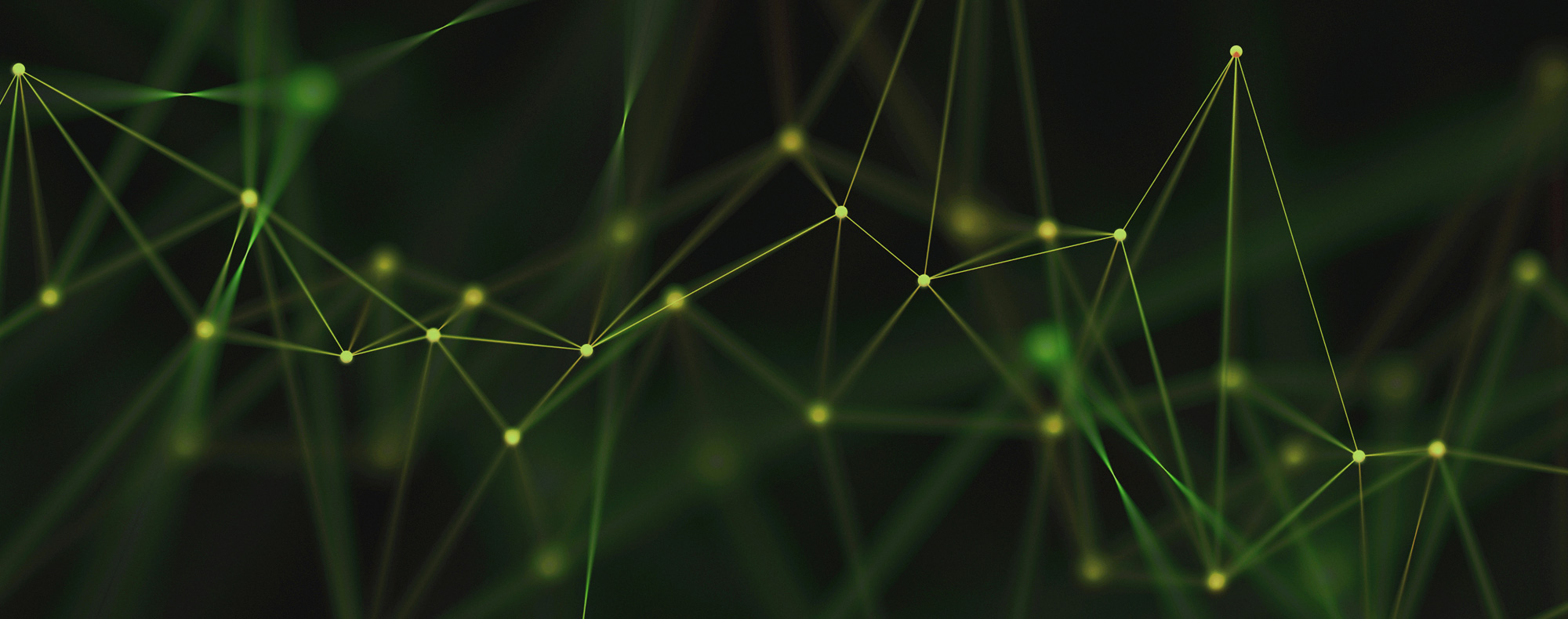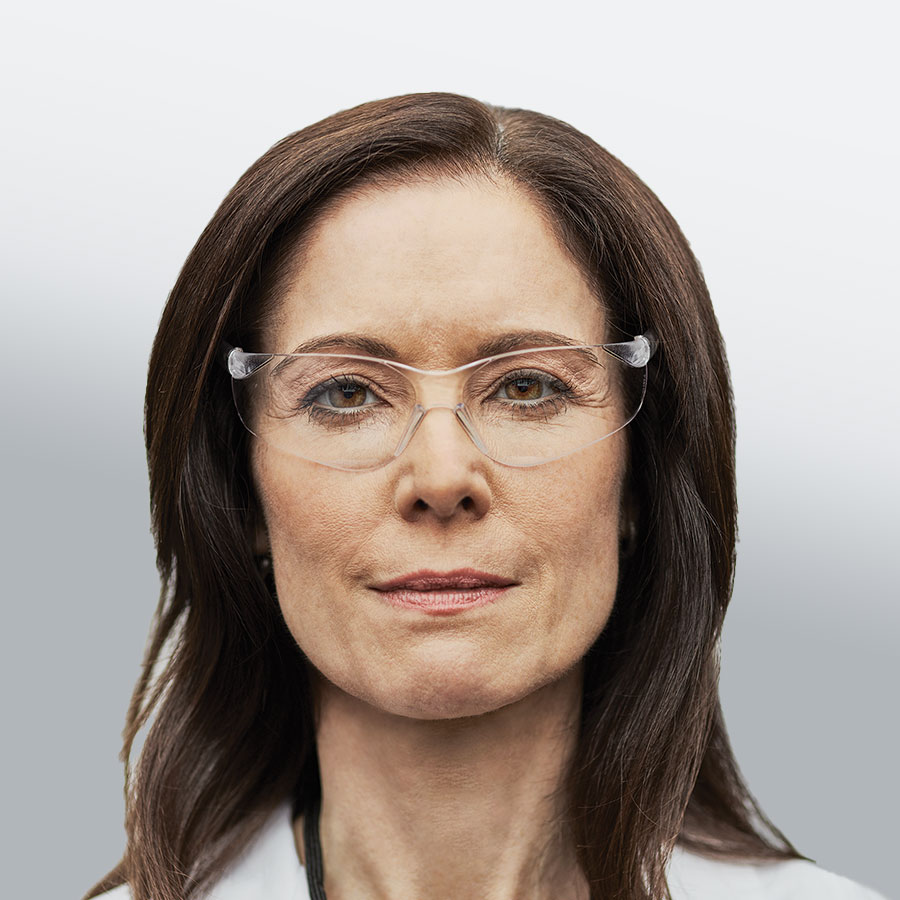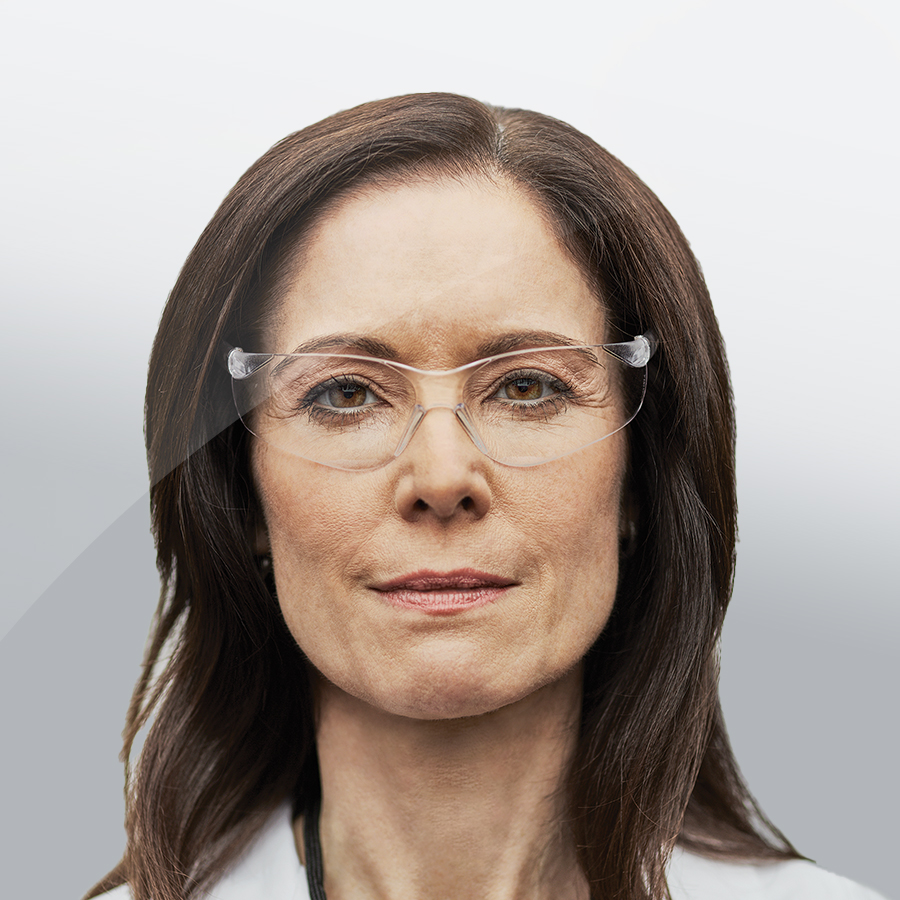“You’ve probably noticed a lot of talk about precision or personalized medicine – diabetes is a classic example. People think diabetes is the same disease for everyone, but that’s not the way it works,” says Laura. “One of the biggest challenges we face is the fact that the disease is so different for each individual patient. For example, a type 2 diagnosis could be the result of genetics or it could be something environmental. And if it’s latter, there are so many different environmental factors that could contribute to diabetes. Then once you get past the diagnosis, you have to look at the way the disease presents itself in different patients, which can vary widely as well.”
For patients, though, Laura says that connected care is the most exciting thing on the horizon. “We’re seeing more and more devices that self-regulate medication, such as insulin, so that patients can go about their day without worrying so much about it,” says Laura. “It’s truly remarkable, and something scientists could barely dream up just a few decades ago. It’s just another example of how far we’ve come, but it’s also important to remember that there’s so much more we can do. I’m just excited to be on the frontlines in shaping that future.”


